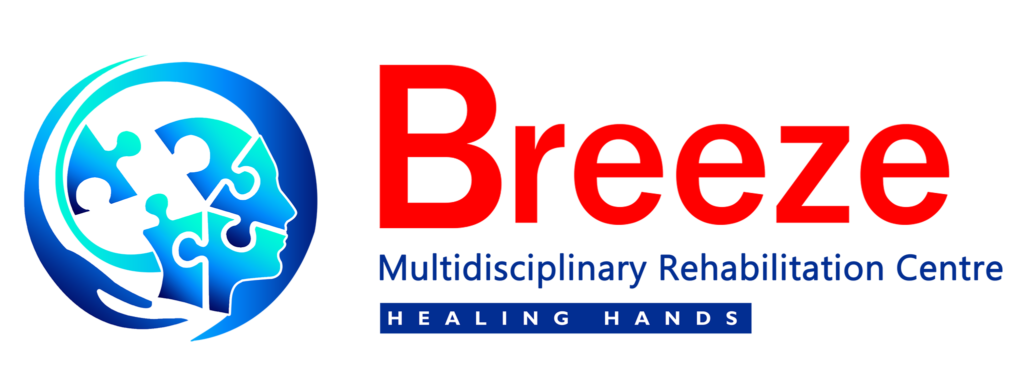Physiotherapy, also known as physical therapy, is a healthcare specialty that focuses on the assessment, diagnosis, treatment, and prevention of physical impairments and disabilities. Physiotherapy services for adults are designed to help individuals recover from injury, illness, or conditions that affect their ability to perform everyday activities and to improve their overall physical function and quality of life.
Physiotherapy services for adults can include:
- Pain management: focuses on reducing pain and improving function through techniques such as exercise, manual therapy, and modalities such as heat or ice therapy.
- Injury rehabilitation: focuses on helping individuals recover from an injury, such as a sprained ankle or torn ligament, and can include exercises to improve strength, flexibility, and range of motion.
- Neurological rehabilitation: focuses on helping individuals recover from conditions such as stroke, traumatic brain injury, or spinal cord injury and can include techniques to improve movement, balance, and coordination.
- Cardiopulmonary rehabilitation: focuses on improving the physical function and quality of life for individuals with conditions such as chronic obstructive pulmonary disease (COPD) or heart failure, and can include exercises to improve endurance and breathing.
- Orthopedic rehabilitation: focuses on improving the physical function and reducing pain for individuals with conditions such as osteoarthritis, rheumatoid arthritis, or musculoskeletal injuries.
Physiotherapy services for adults can be delivered in a variety of settings, including hospitals, rehabilitation centers, outpatient clinics, and the individual’s home. The specific approach and techniques used will depend on the individual’s needs and goals, and may involve a multidisciplinary team of healthcare professionals, including physiotherapists, physicians, and other specialists.
It is important to seek out physiotherapy services from a licensed and experienced physiotherapist who is trained to work with adults and has a deep understanding of their needs and abilities. The physiotherapist should be able to develop a personalized treatment plan that takes into account the individual’s specific needs and goals, and should be able to provide ongoing support and guidance to help individuals achieve their physical rehabilitation goals.


